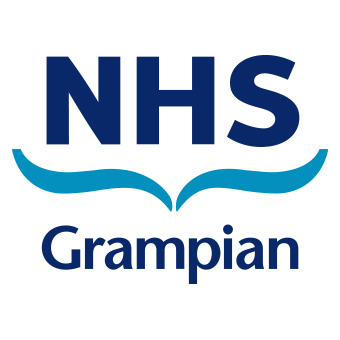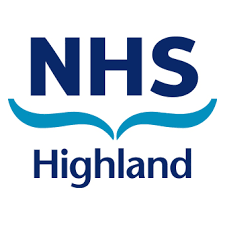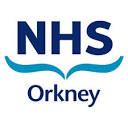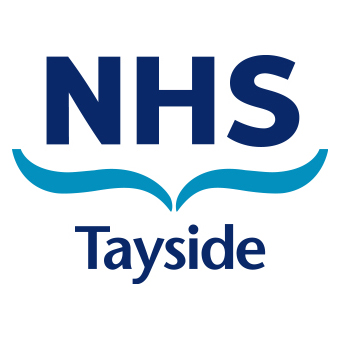

Appetite Loss






Appetite Loss
Loss of appetite is common in cancer. You may find that you are having smaller portions or eating and drinking less often because you just don't feel like eating.
It is important to know that although you may not feel hungry, your body does still need energy and fluid from food and drinks to function properly. A prolonged change in your appetite and eating and drinking habits will lead to weight loss and reduction in energy levels which have additional consequences.
When you have a small appetite and perhaps don’t feel like eating there are things you can do to help but first it is useful to know why you might have lost your appetite.
Why Do I Have a Small Appetite?
There are many reasons why you may have lost your appetite. It can be helpful to know why you have a small appetite as this will help you manage your condition.
See a list of some common reasons below. We have information and practical tips for you to try that may help improve your eating and drinking with some of these symptoms that can affect your eating and drinking habits;
· Breathlessness
· Constipation
· Diarrhoea
· Fatigue
Other reasons may include;
· Cancer itself
· Medication timing
· Body holding on to fluid around your abdomen (sometimes known as ascites)
· Changes to anatomy from cancer or cancer surgery can result in a smaller stomach capacity or narrowing in gut
What Can I Do About It?

Choose Drinks High in Calories
Click here for more information on drinks high in calories
Make What You Eat Count
Try to choose foods and drinks that are high in energy and high in protein. This way if you are only managing small portions you will be taking in maximum energy and protein.
Fortify Your Food
Click here for more information on fortifying food
Eat Small Portions More Often
Try eating 5 or 6 smaller meals or snacks rather than 3 main meals throughout your day.
Introduce Snacks or Light Meals
· Cheese and crackers
· Oatcakes and spread (butter, cream cheese, pate)
· Scone/pancake/crumpet/muffin with butter and jam
· Malt loaf or banana bread with butter
· Full fat or high protein yoghurt or coconut yoghurt
· Ice cream, custard, rice pudding
· Toast with cheese/baked beans/egg
· Omelettes
· Crisps or nuts
How Can My Healthcare Team Support Me?
You may be offered medication to help stimulate your appetite, or to help control other symptoms which may be affecting your appetite such as nausea.
Prescribed Supplement Drinks
Your dietitian, nurse or doctor may be given a nutritional supplement drink to try. These nutritional supplements are higher in energy and protein than the nourishing drinks you can buy over the counter. They come in a variety of flavours, styles and volumes and are fortified with vitamins and minerals. They should only be taken as recommended by your health professional and you should be monitored whilst taking them.
